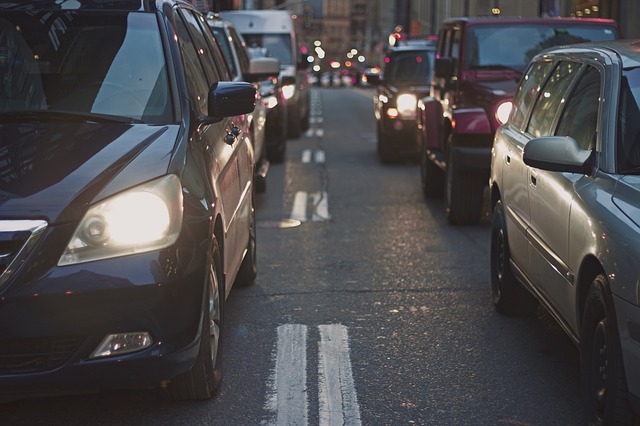
Governor Jay Inslee signed a new bill that will ban all non-electric vehicles in Washington state by 2030.
Inslee said the bill will "create more efficient transportation options," adding that transportation is the state's largest source of greenhouse gas emissions and there is no way to talk about climate change without putting transportation in the conversation.
This effort is part of the $16.9 billion transportation package dubbed "Move Ahead Washington," with an applicable section that reads: "A target is established for the state that all publicly owned and privately owned passenger and light duty vehicles of model year 2030 or later that are sold, purchased, or registered in Washington state be electric vehicles."
The bill also calls for an "interagency electric vehicle coordinating council" that was created by the new law and directed to "complete a scoping plan for achieving the 2030 target." The said scoping plan should be completed on or before December 31, 2023.
"This package will move us away from the transportation system our grandparents imagined and towards the transportation system our grandchildren dream of," Inslee said.
Other inclusions within the bill are taxpayer funds for thousands of electronic vehicles charging stations throughout the state and funding for four new hybrid-electric ferries.
2030 Timeline overly ambitious
An economist from the University of Arkansas, Jeremy Horpedahl, said the 2030 timeline is "overly ambitious." Instead, he suggested an alternative course of action to a top-down directive.
"A better approach would be to gradually encourage consumers to switch to electric vehicles and for private enterprises to build the charging infrastructure with incentives," he said. He also added that the incentives can be positive reinforcement such as subsidies that were recently included in the Washington state budget, although at smaller prices than the governor wanted.
They could also be negative incentives like carbon taxes, which were previously proposed, but rejected by Washington voters in 2016 and 2018.
Horpedahl maintained that consumers should be nudged toward electric vehicles, and not forced into them. Whatever the ideal approach is, Horpedahl said that using economic incentives to encourage more environmentally-friendly consumption is better than strict mandates. (Related: The big electric vehicle LIE: Electric cars are not "zero emissions," and their ecological impact is actually dirtier than diesel trucks.)
John Wilkerson, professor and chair of the Department of Political Science at the University of Washington addressed the politics of the situation, noting that fighting climate change is Inslee's signature issue.
According to Wilkerson, Inslee believes that taking the lead on this issue may benefit the state economically and that it is better positioned than most to actually reduce fossil fuel consumption given its hydro and wind power. Inslee is also in the position of having a unified Democratic government, which makes this the window of opportunity that he has been hoping for most of his career.
Wilkerson also did not write off the 2030 timeline for switching to electric vehicles. California has a similar deadline for 2035, while the federal government has been pushing for 50 percent of new vehicles to be electric by 2030. (Related: California's massive power outages remind us all why electric cars are useless when the grid goes down.)
However, he thinks the plan is more aspirational than practical. He noted that the requirement can be repealed or delayed by a future government, so it is cheap talk if there is no public support.
Follow Climate.news for more information about how the U.S. government plans to fight climate change.
Watch the video below to know the truth about electric cars.
This video is from the Slawomir Slowianin channel on Brighteon.com.
More related stories:
Why Volkswagen is going to CRUSH Tesla with rollout of dozens of well-engineered electric vehicles.
Nissan being sued for electromagnetic radiation emitted from electric "LEAF" vehicle.
Sources include:
Please contact us for more information.














